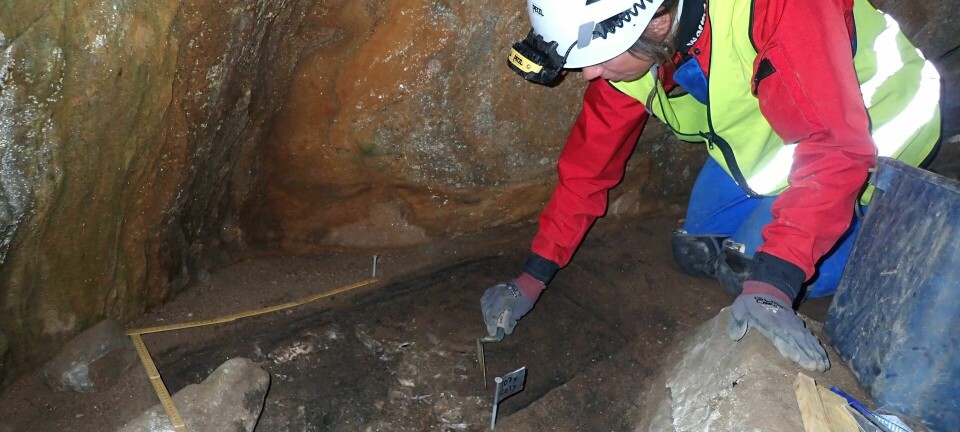An article from The Norwegian National Committees for Research Ethics

Questioning the ethics in petroleum research
“Universities and research institutions should carry out a thorough review of their petroleum research activities,” says chair of ethics committee.
In the last twelve months, there has been a broad debate at several of Norway's universities about whether petroleum research is defensible from the point of view of research ethics.
The debate was triggered by the renewal of Academia agreements between Statoil and a number of research institutions.
In January this year, The Norwegian National Committee for Research Ethics in Science and Technology (NENT), received a request from the University of Bergen for an ethical assessment of Norwegian petroleum research.
NENT has obtained input from relevant actors and based its assessments on the Guidelines for Research Ethics in Science and Technology. The committee has now issued its opinion in a statement.

“The issues that are raised mainly affect standards relating to the social responsibility of research. Our advice is first and foremost addressed to the universities and other research institutions, but has also general application,” says Øyvind Mikkelsen, chair of the committee.
“In brief, the main conclusion is that it is indefensible from a research ethics perspective if the framework conditions for petroleum research and the research activities hinder the transition processes to sustainable energy such that UN climate goals that Norway has pledged to uphold cannot be achieved.”
Carry out a thorough review
Mikkelsen believes that universities and research institutions should carry out a thorough review of their petroleum research activities.
“They should reflect on whether their research portfolio and activities are balanced in relation to the requirement for vigorous action to promote a transition process with regard to environmental aspects and environmentally friendly energy sources.”
The goal of sustainable development and the application of the precautionary principle demand the input of the research community as well as of political authorities and the business sector.
“Universities have a special responsibility as knowledge producers and knowledge bearer,” says Mikkelsen.
Mikkelsen asserts that the research funding bodies also have a great responsibility to ensure that research promoting the transition to sustainable energy is prioritized, and that they must make more concerted efforts to coordinate Norwegian research in this field.
“The universities must provide fresh knowledge as well as act as a driving force for transition by pushing for greater focus on priority areas that can contribute to such a transition in their cooperation with the petroleum industry,” he says.
------------
Read the Norwegian version of this article at forskning.no






























